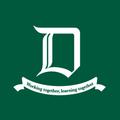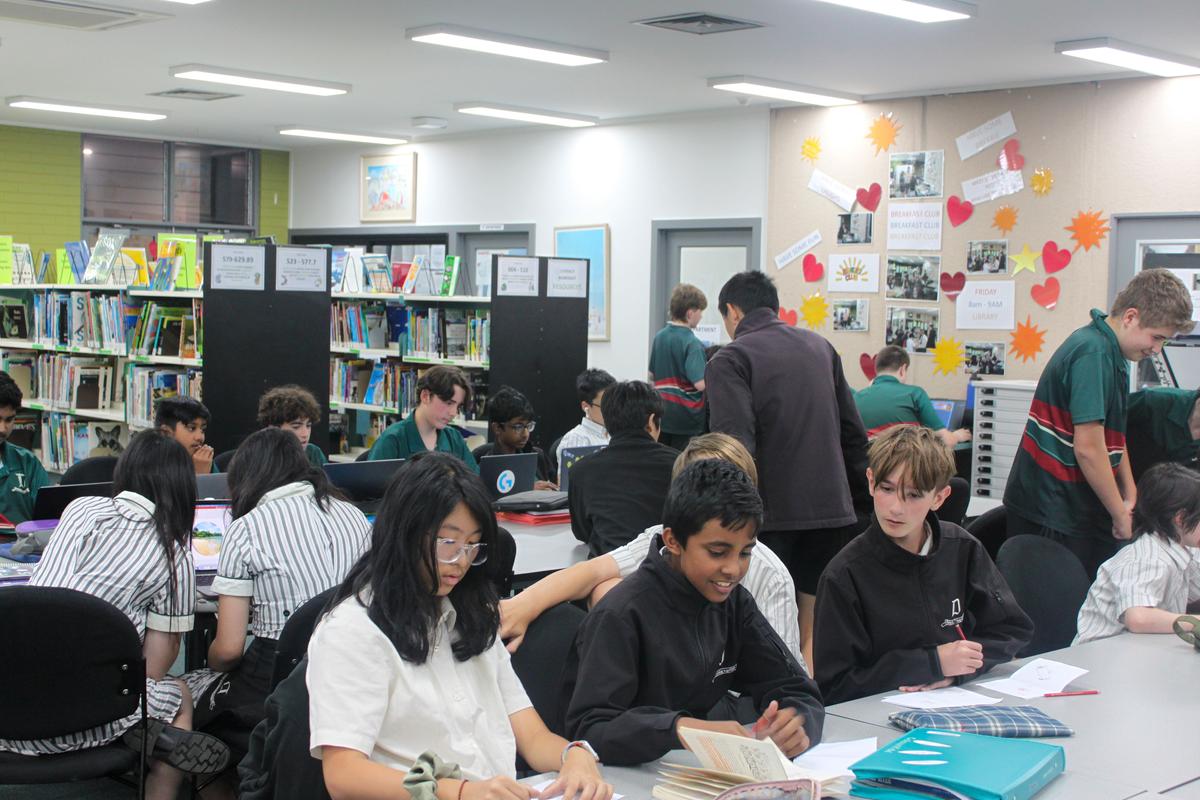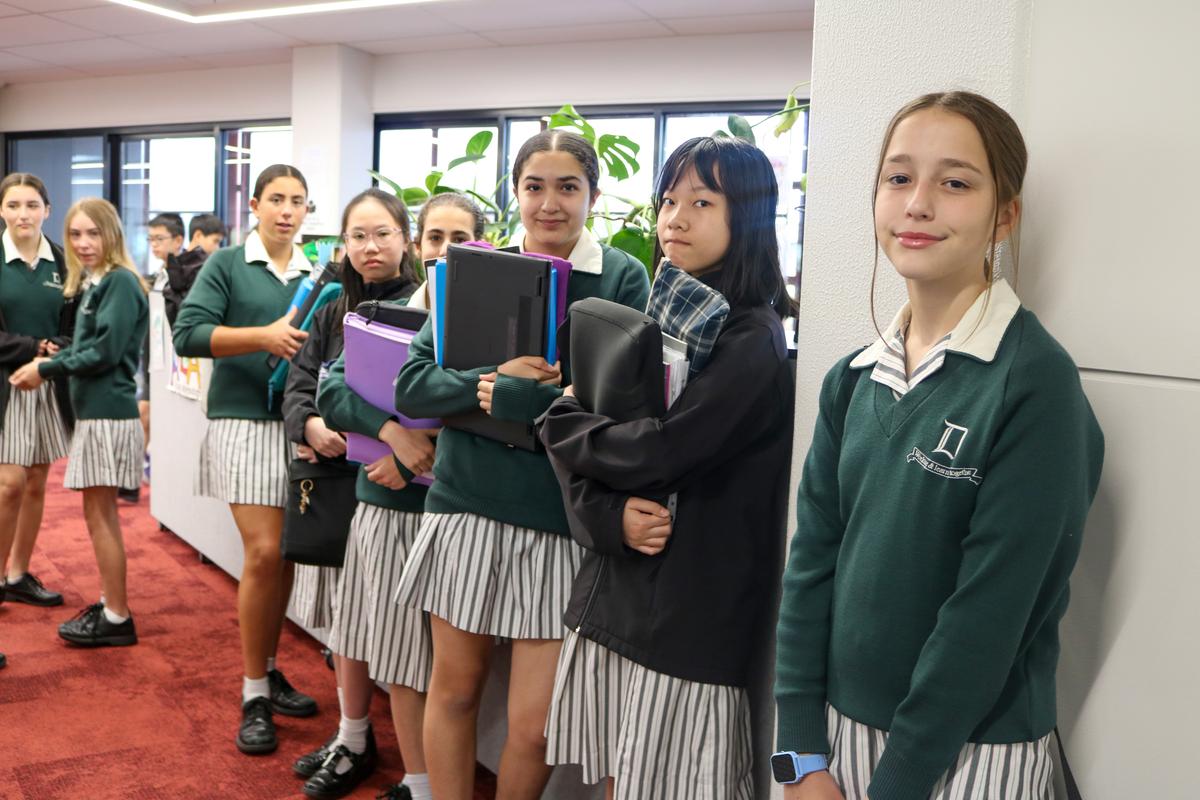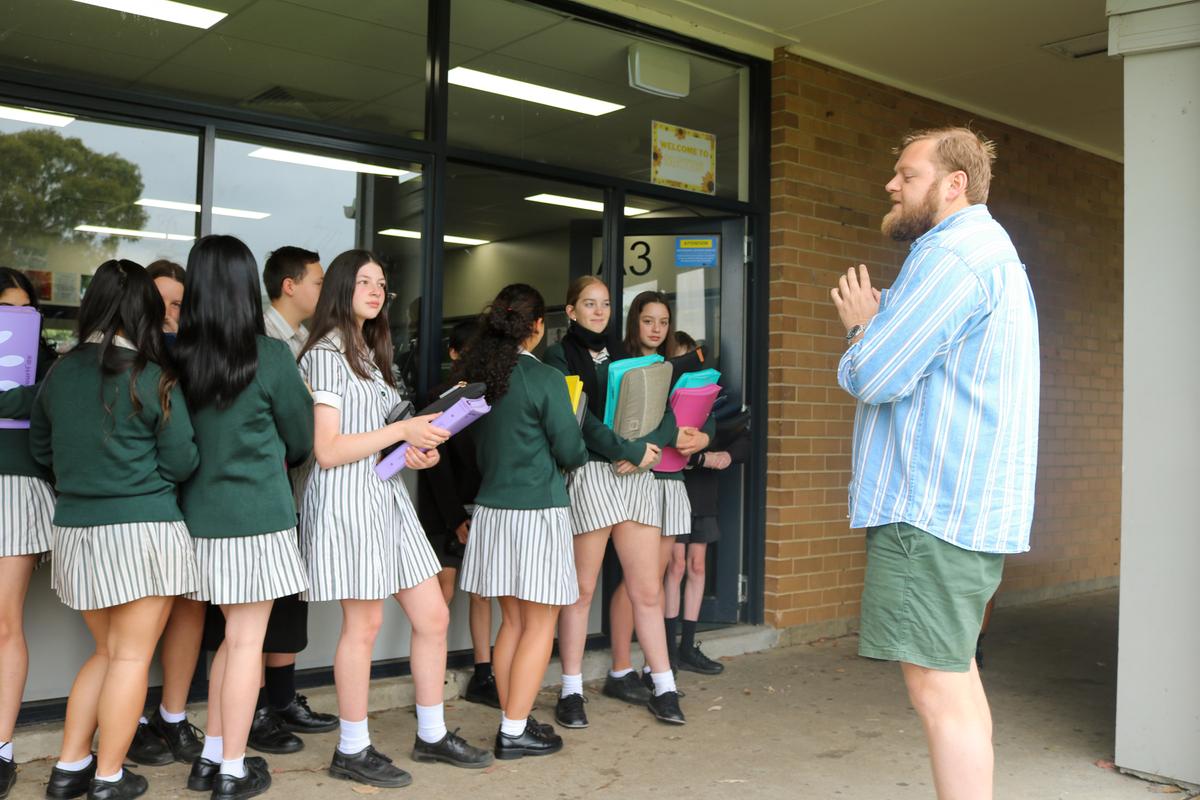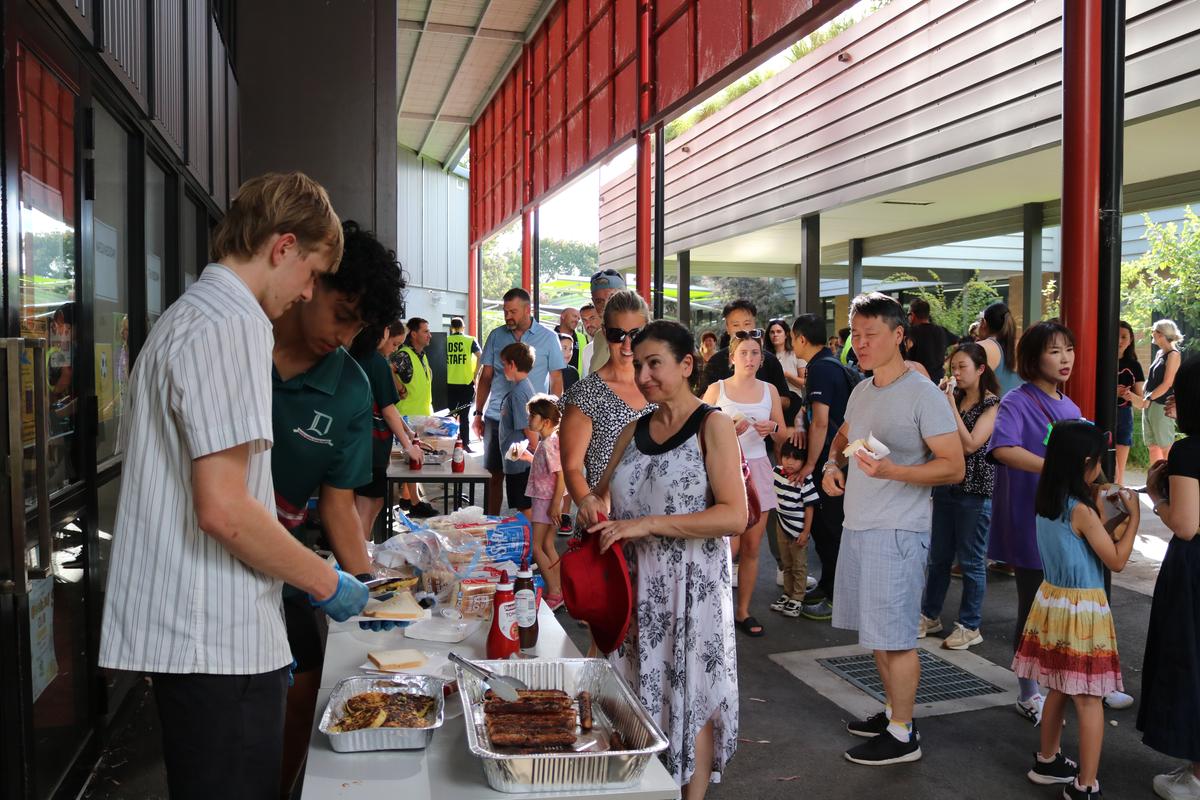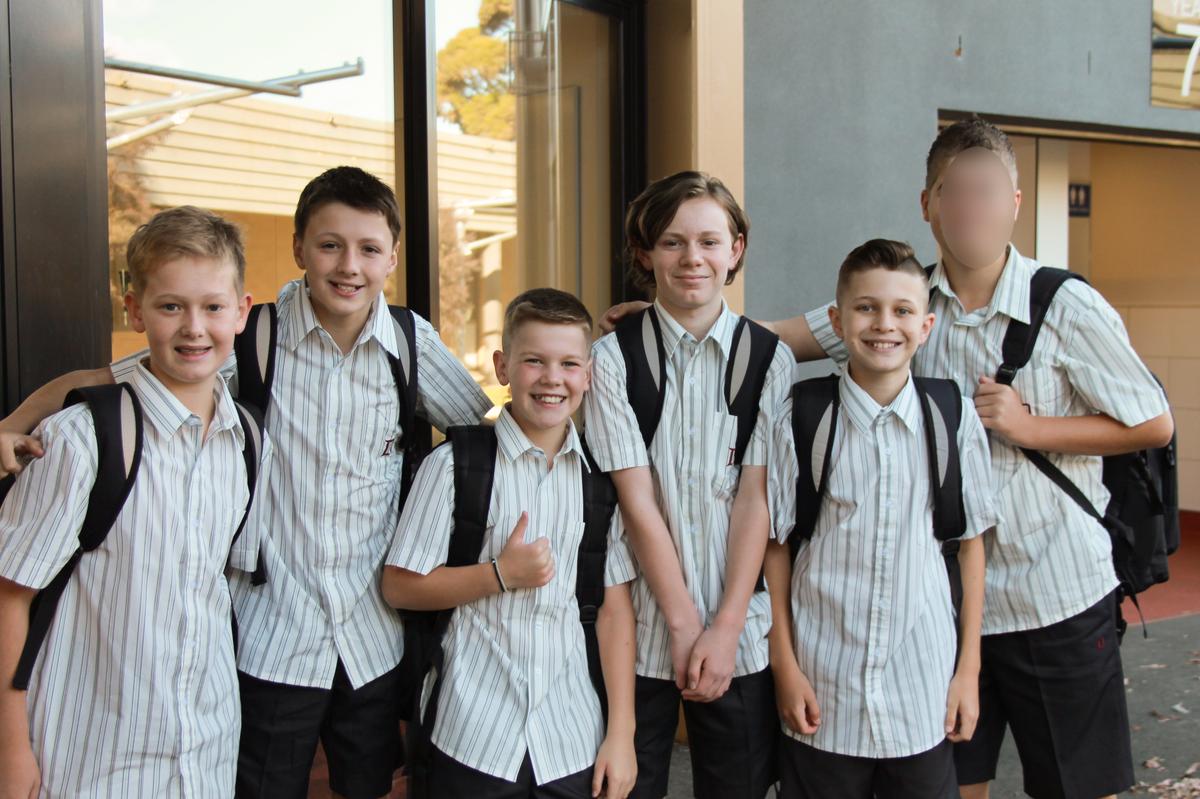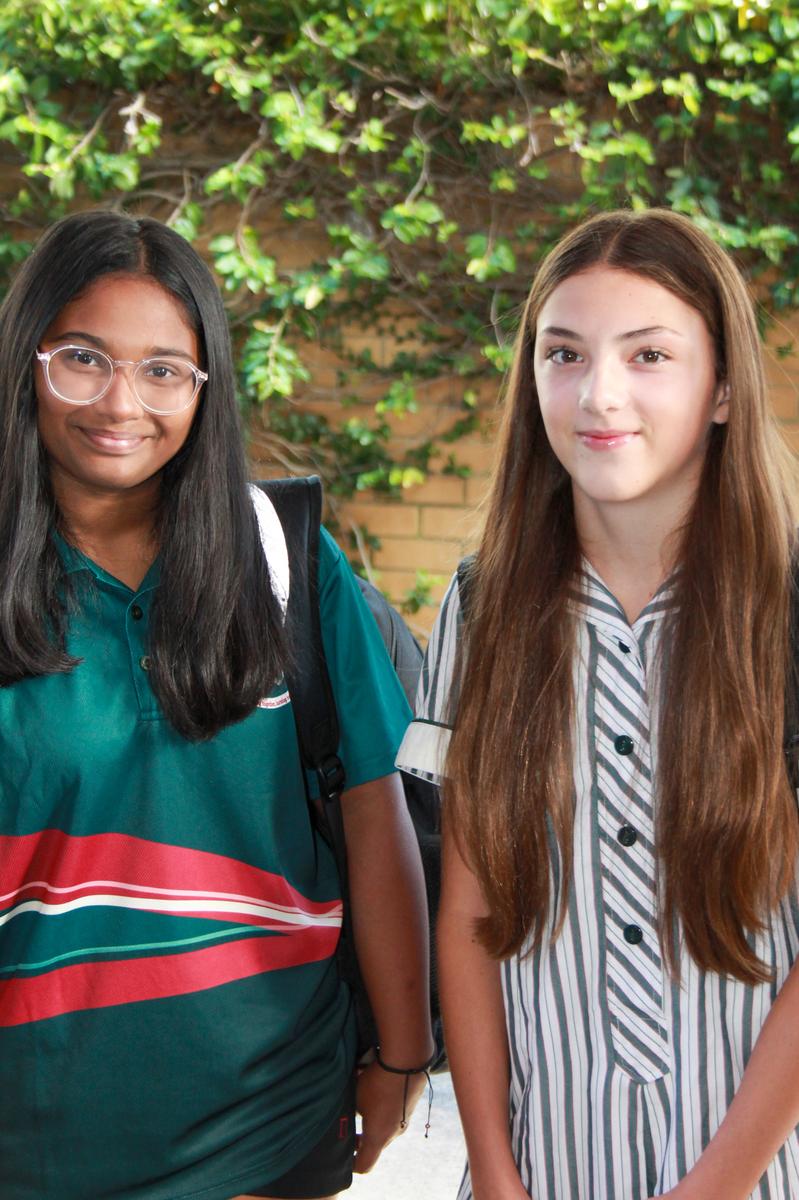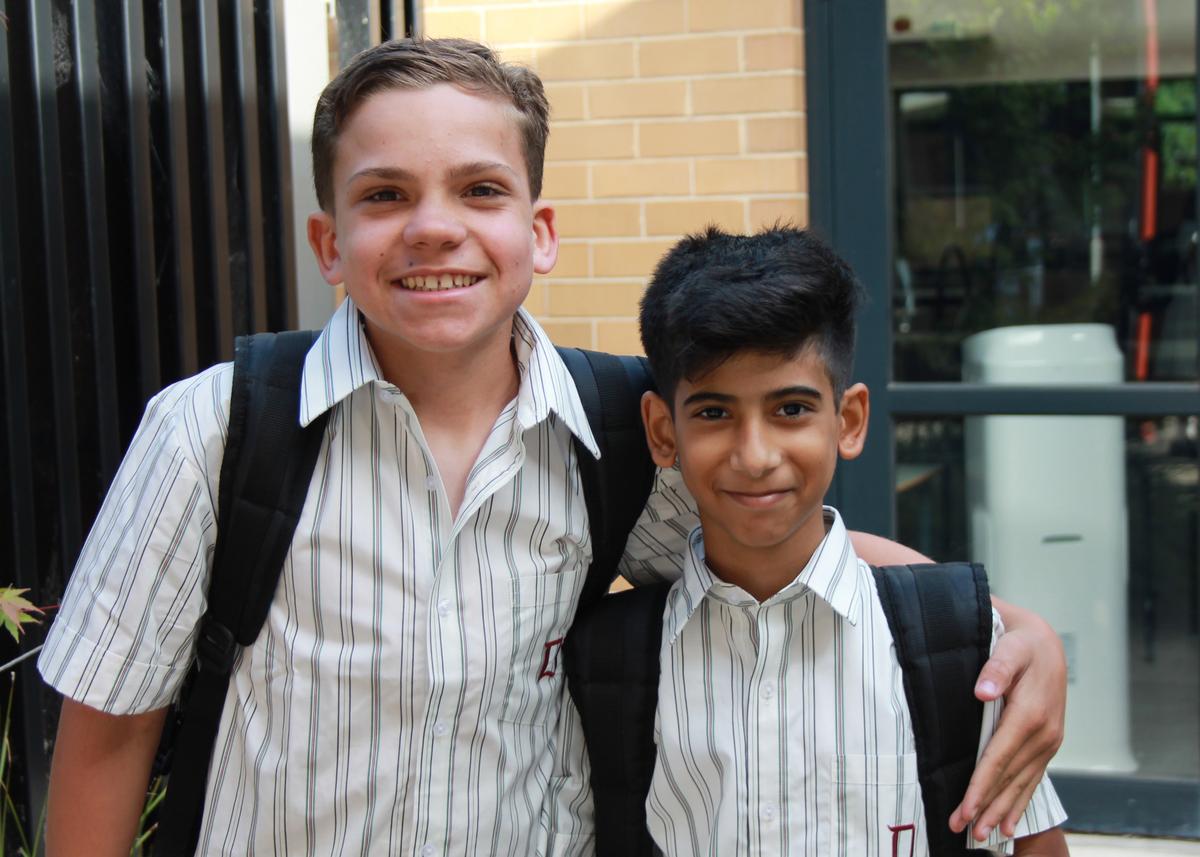Principal's Report
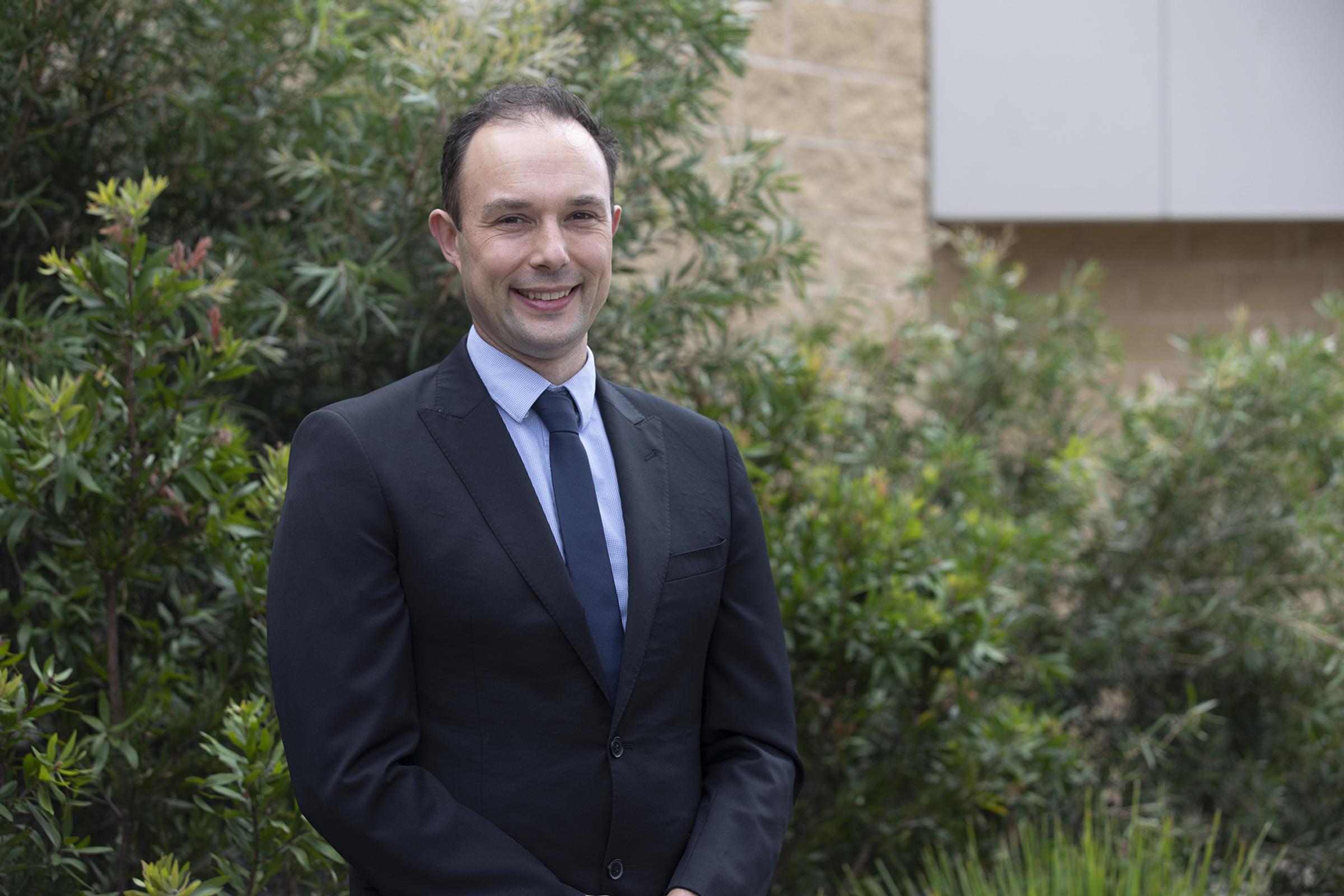
Term 1 2024
All students are active participants in a learning culture that promotes academic excellence and personal development through a diversity of challenging experiences.
VISION
“Working together, learning together” – Working together to enable all students to achieve their potential and become confident, effective learners who contribute productively to society.
ACKNOWLEDGEMENT OF COUNTRY
Doncaster Secondary College acknowledges the Wurundjeri people as the traditional custodians of the land now known as Manningham. We pay our respects to Wurundjeri Elders past and present and value the ongoing contribution to the cultural heritage of Manningham.
We at Doncaster Secondary College are inclusive of individuals from all backgrounds including the LGBTQIA+, culturally and linguistically diverse as well as Aboriginal and Torres Strait Islander people.
A Great Start to the 2024 School Year
I am thrilled to report that our students have made an exceptional start to the 2024 school year. Feedback from both students and staff highlights a noticeable shift towards a calmer, more productive environment, which has been instrumental in setting the stage for both personal and academic growth. This positive atmosphere is a result of the hard work and dedication of our entire school community, and we are excited to see where this momentum will take us as the year progresses.
The fantastic start to the 2024 school year is aligned with our strategic goals of maximizing learning growth for all students and nurturing learners who are self-aware, respectful of diversity, and skilled in navigating social relationships. These goals are central to our mission, fostering an environment where students are not only academically challenged but also encouraged to develop the essential life skills needed for success in a diverse and interconnected world.
Empowering Our Students: The Key to Maximising Learning Growth at Doncaster Secondary College
Academic growth and achievement play pivotal roles in shaping students' lifelong outcomes, serving as the foundation for future success in various aspects of life. Proficiency in literacy and numeracy skills is essential, as these are fundamental tools for communication, problem-solving, and critical thinking. Literacy empowers individuals to access, interpret, and analyse information effectively, while numeracy skills are crucial for making informed decisions and understanding the world around us. Together, these competencies enable individuals to navigate complex social and economic landscapes, pursue higher education, access better employment opportunities, and contribute meaningfully to society. Moreover, academic success fosters confidence, resilience, and a lifelong love of learning, equipping students with the adaptability and skills necessary to thrive in an ever-changing world.
In 2024, as we continue our journey towards learning and personal growth, it's important to recognise the foundational role that behaviours and learning habits play in shaping our students' futures. A recent review of senior school academic outcomes within our college highlights distinct patterns that differentiate our students who are demonstrating significant learning growth from those facing challenges in achieving their full potential.
Students demonstrating significant learning growth exhibit a profound commitment to their education, demonstrated through exemplary attendance, meticulous organisation, persistence, and resilience. Their approach to learning is not just confined to academic subjects but extends to an overall enthusiasm for gaining knowledge and skills. These students are adaptable, proactive, and inherently curious, always ready to explore new concepts and ideas.
Moreover, the learning habits of our accomplished students set a benchmark for academic success. They actively engage in class, asking pertinent questions and applying feedback constructively to improve their understanding and performance. Their use of class time is exemplary, characterised by immediate engagement with tasks, consistent hard work throughout the year, and a strategic avoidance of distractions.
Beyond the classroom, these senior students extend their learning through participation in masterclasses, workshops, and clubs, further enriching their educational experience. They understand the value of collaboration, forming study groups with peers and contributing actively to class discussions. Their approach to learning is holistic, balancing the completion of homework with revision and setting clear, achievable goals for their academic journey.
As a community, we have the collective responsibility to nurture these positive behaviours and habits in all our students. By fostering an environment that values curiosity, resilience, and proactive learning, we can unlock the potential within each student.
The entry routine in a classroom is a critical component that sets the tone for learning and is instrumental in preparing students to engage with the day's lessons. This structured start to a class helps transition students from the bustling energy of the school yard or previous activities into a focused, learning mindset. By establishing a consistent entry routine, teachers can signal to students that it's time to shift focus towards academic pursuits, fostering an environment that minimises disruptions and maximises instructional time.
Moreover, a well-implemented entry routine plays a significant role in creating a safe, supportive, and inclusive learning environment. It offers a predictable structure that can be especially reassuring for students who thrive on routine or face anxiety, ensuring they feel secure and understood. This predictability helps to build a classroom culture where all students know what is expected of them, feel valued, and are ready to learn. Through clear expectations and a calm start, the entry routine not only aids in readiness for learning but also nurtures a sense of belonging and community, critical components of an effective educational environment.
Out of class notifications have been introduced as a means for sharing the responsibility with families for noticing, inquiring, and planning (whole school approach to wellbeing, and disability inclusion). If you rarely receive a notification, there is no need for you or the school to inquire any further. However, the whole school approach to noticing when students are out of class has enabled us to inquire with students to understand barriers to learning and collaborate with families about their child’s needs. Partnering with students and families, is something that we value at Doncaster Secondary College and always leads to a significant reduction in out of class time and notifications, due to improved organisation and learning focused conversations.
On behalf of Doncaster Secondary College, I would like to extend a warm welcome to all our families who have joined our community. We are thrilled to have you join and we look forward to getting to know you and your children. In the 5 weeks that you have been here, you will have seen that Doncaster Secondary College is a thriving educational institution that has a strong commitment to providing quality education to its students. I am immensely grateful for the positive engagement from our parents and carers, evident through their enthusiastic participation in events like the Year 7 Welcome BBQ, Year 10 Information Evening, School Council, year level assemblies, and various support group meetings. This active involvement is a testament to the strong partnership we value between our school and families, and we look forward to continuing and building upon this.
Whilst it is still very early in the school year, our sports, music, drama, learning support, wellbeing programs and activities have all begun. I am thankful to my dedicated staff for their commitment to these programs which provide unique opportunities for students to connect with peers and staff, fostering a sense of community and belonging. The programs play a pivotal role in reinforcing our school values of respect, responsibility, resilience, and teamwork, cultivating an environment where every individual can thrive and contribute positively.
Outcome of the College Council elections
As the number of nominating parents for School Council was equal to the number of vacancies it was not necessary to conduct a ballot. We are currently in the process of conducting a ballot for the Student Member position on College Council.
Thank you to Andrew Mishura who re-nominated for College Council as a Parent Member. Andrew will be appointed for a 12 month ‘Term of Office’ which has become available. As a result of nominations received for both Parent and DET Member positions, we will welcome the following new parent members, Stamatina Pearce, and Kevin Soh.
Thank you to Wes Pfitzner and Adua Cipolato who nominated for College Council and to Belinda McGee and Tim Sprigg who re-nominated. As the number of nominating School Employee Member positions for School Council were equal to the number of vacancies it was not necessary to conduct a ballot.
A big ‘Thank You’ goes to our outgoing Council Members, Georgina Carroll, Alan Wang, and Julie Daniell. Thank you for your contribution over many years. Your generosity in terms of commitment to our College has been greatly appreciated.
I hope you enjoy reading our College newsletter and that you have a lovely weekend.
Glenn Morris
Principal
